Assistant Attorney General Harmeet K. Dhillon, who heads up the DOJ's Civil Rights Division, is once again pushing back on pro-2A critics of the Justice Department, this time with a nearly 7-minute long video posted to X.
In the video, Dhillon details many of the efforts undertaken by herself and other DOJ staffers to defend the Second Amendment, including joining oral arguments at the Seventh Circuit to oppose the gun and magazine bans in Illinois that are the subject of an ongoing court challenge.
Update on @JusticeDept’s Second Amendment work, including recent court filings and initiatives to expand gun-owners’ rights nationally under @AGPamBondi’s leadership. Stay tuned— even more to come!!! #2A pic.twitter.com/7meoODjcv4
— AAGHarmeetDhillon (@AAGDhillon) October 14, 2025
Dhillon also addressed the criticism leveled against the DOJ and Attorney General Pam Bondi over the administration's position in several cases dealing with the National Firearms Act. Referring to a case called Rush v. U.S., which deals with a man's conviction for possessing an unregistered short-barreled rifle, the head of the Civil Rights Division argued that, like it or not, there is no circuit court split on whether the NFA is a violation of the Second Amendment, so the issue isn't ripe to take before the Supreme Court.
While that may be true, the position of the Solicitor General isn't just that SCOTUS should decline to take up Jamond Rush's case because lower courts are, so far, in agreement about the constitutionality of the NFA. The DOJ's response to Rush's cert petition, which was filed with the Supreme Court last week, agrees with those lower courts and argues that taxing and registering short-barreled rifles doesn't violate the Second Amendment.
... requiring the registration and taxation of short-barreled rifles is “consistent with this Nation’s historical tradition of firearm regulation.” American legislatures have long imposed special taxes on arms that are especially susceptible to criminal misuse. For instance, many 19th-century legislatures taxed weapons such as dueling pistols, swordcanes, Bowie knives, Arkansas toothpicks, and dirks. Similarly, manyStates have long regulated the size of firearms. For example, many States banned or taxed pocket pistols. Those regulations applied to “pistols of small size which are not borne as arms but which are easily and ordinarily carried concealed.”
Solicitor General D. John Sauer cites a law review article by Dave Kopel and Joseph Greenlee for his assertion that "many" legislatures imposed special taxes on some arms. But in the article itself, Kopel and Greenlee say "sales were banned in a few states, and possession was punitively taxed in a few others." In other words, the article doesn't really support the government's position that these taxes were common, or a part of the national tradition of firearm regulation (or regulating arms in general).
Dhillon also highlighted the fact that the DOJ has taken the position in a case called Peterson v. U.S. that suppressors are protected under the Second Amendment, but didn't mention that DOJ went on to argue that, even so, the $200 tax stamp and registration requirements imposed by the National Firearms Act are just "modest" burdens to the right to keep and bear arms. In fact, DOJ essentially reiterated that position on Tuesday.
While Harmeet filmed this video, @TheJusticeDept filed this brief attacking the right to own suppressors. https://t.co/aIarq9FYEs pic.twitter.com/1BhNnKu8EU
— Gun Owners of America (@GunOwners) October 14, 2025
In a brief urging the Fifth Circuit not to take the Peterson case en banc, DOJ once again refers to the NFA taxes and registration requirements as "modest" restrictions. It also contends that the regulations "do not target ordinary firearms such as handguns but only nonessential firearm accessories that are uniquely adaptable to criminal misuse."
While the DOJ brief tries to single out suppressors (and perhaps other NFA items) as somehow different than other arms that are protected by the Second Amendment, there's nothing in the Supreme Court's Second Amendment opinions to justify a tiered level of protection for bearable arms. The Court has said that arms that are in common use for lawful purposes are, prima facie, protected by the Second Amendment. It has said nothing to suggest that protected arms that are "uniquely adaptable to criminal misuse" can be subject to greater restrictions (and government taxes) than other arms. And though the DOJ didn't take this position, it's not hard to argue that handguns are "uniquely adaptable to criminal misuse" given that they're the firearm most commonly used in crime. I don't think the DOJ wants to open the door to special taxes on the sale of handguns, but they shouldn't be surprised if gun control activists ever try to use that language to impose additional restrictions on handguns.
None of this takes anything away from the valuable work that Dhillon and others within the DOJ are doing to challenge state-level gun control laws, reform the ATF's anti-2A rules, and other efforts to safeguard our Second Amendment rights. But it's also inarguably true that the DOJ is actively defending the National Firearms Act, and that puts them at odds with Second Amendment groups on that particular issue. The DOJ and 2A groups are also at odds on the statutes dealing with prohibited persons. Dhillon noted the proposed rule that would allow the Attorney General to restore 2A rights to prohibited persons who apply for relief, and that is a great step (though we've noted some issues with the specifics of the proposal). But should a non-violent felon lose their 2A rights in the first place? Most Second Amendment groups argue "no," but the DOJ's position seems to be "yes."
Is this DOJ the most Second Amendment-friendly in modern history? Yes. Is there room for improvement? Also yes. We can and should recognize the important work the DOJ is doing to defend our Second Amendment rights, but that doesn't mean we can't be critical of the agency when it adopts positions that undermine that right, and it's doing just that when it comes to the NFA and prohibited person statutes.
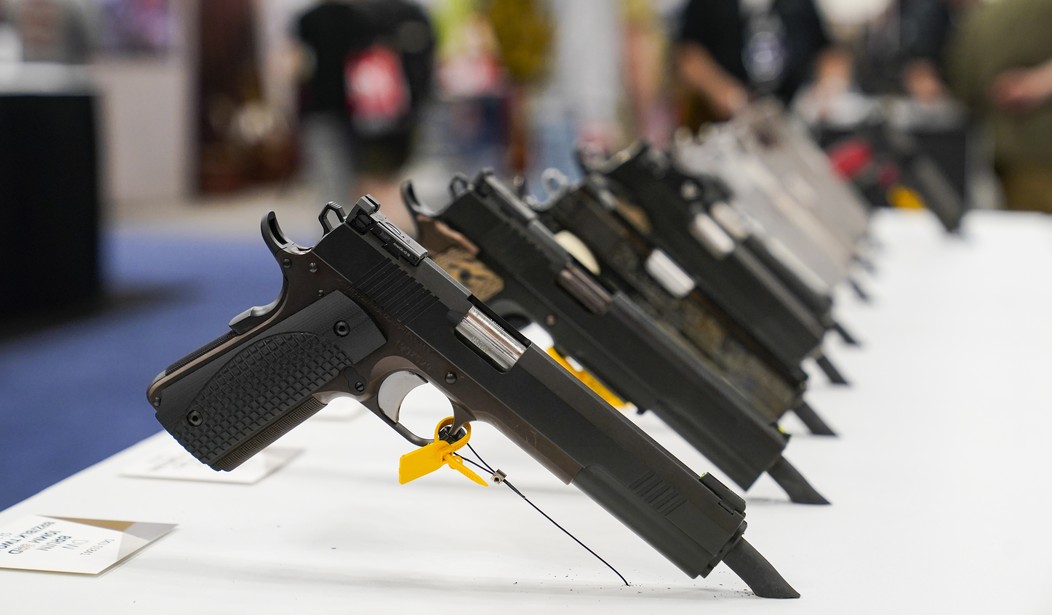


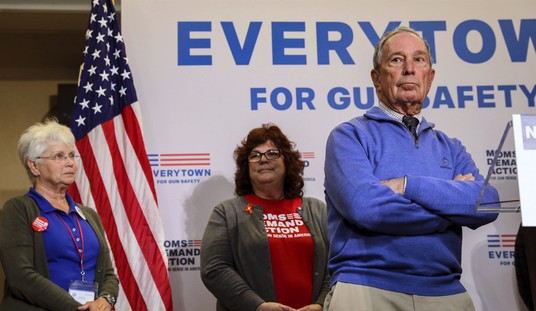

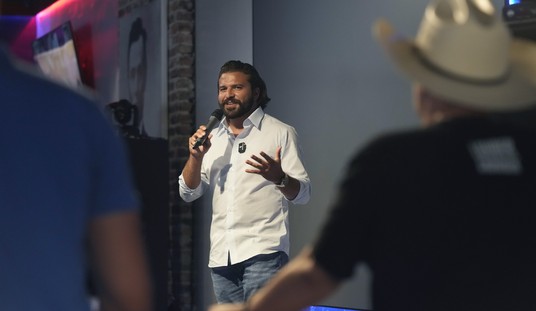
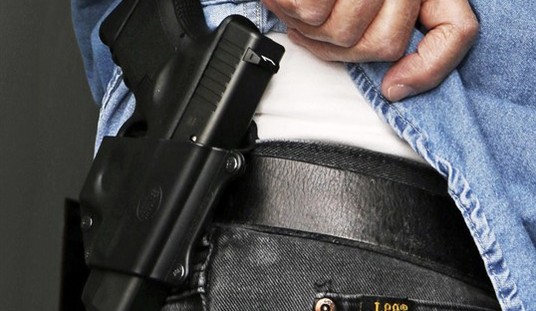
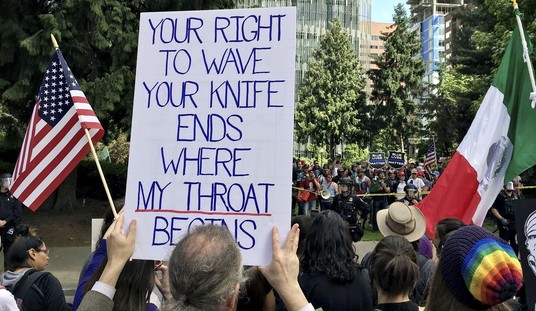

Join the conversation as a VIP Member